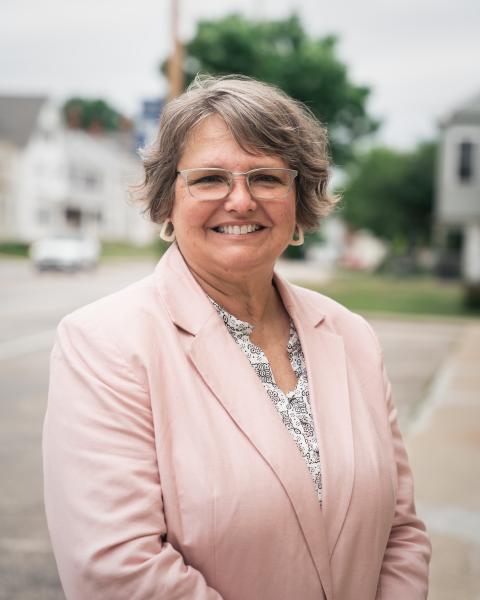Top 5 Reasons to do Community Engagement Now
Get ready to engage your community this summer and fall. Community leaders and volunteers have been responding to the COVID crisis and focusing on the impact on their community and especially small businesses. As we look to an economic recovery phase, we need to prepare to engage community members in discussion about changes to businesses, streets, sidewalks, commercial and office space, outdoor public spaces like parks and the tax base. Change can be hard on communities. Many of us have stories of community members being angry or frustrated about a new project or change. This was often a result of poor communication or likely that people did not have the opportunity to weigh in. Most of us want to avoid that. Better still are the stories of those who engaged people in a community decision and made the outcome better.
Here’s why you should engage your community now:
1. New Ideas: Local economies have been hit by the pandemic and you need to hear how the changes are impacting the community. We are seeing businesses permanently closing, experimenting with outdoor dining and hearing about the growing needs of the unemployed. By engaging your community, you will hear their stories and reactions, new ideas and even a historical perspective. You will build relationships that will help rebuild the economy.
2. New Voices: Our community input is often limited to those who have the time, capacity, interest and experience to attend public meetings. Let us look much broader to those who are never going to those meetings but who should be consulted on a community issue. Now is the time to craft an engagement effort to include traditionally under-represented audiences such as minority populations, youth, people with disabilities, veterans, LGBTQ members, low income families and more. They have a right to share their input and we have an obligation to go to them and meet them where they are.
3. New Experiences: People have spent time in their community while working from home. We hear stories of people rediscovering their town and supporting local businesses. They have new experiences and information to share.
4. New Volunteers: People are volunteering and actively working to support their town during this period. They may have more ideas and opinions about what happens next given their recent volunteer experiences. They may have found their volunteering to be fulfilling and have the time working from home and could be a new volunteer on municipal boards and committees or suggest a new way work together on decision-making.
5. New Virtual Engagement Tools: You do not need a large community forum where there is little real discussion. You can still engage even with limitations on gathering and social distancing. Much of our day-to-day has moved online and we are connecting virtually even as we open. There are many ways to engage online – some sophisticated platforms and some very low- tech efforts such as focus groups and roundtables. Communities can use their tried and true techniques of calling and mailing people as well.

